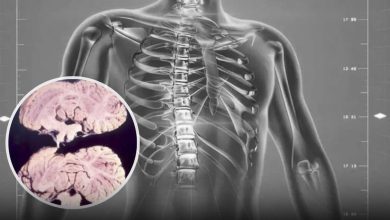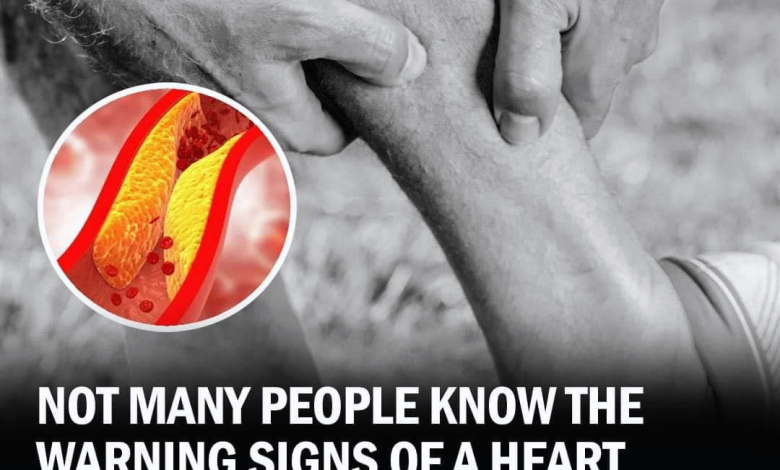
Your feet might not be the first place you think of when considering heart health, but they can reveal much about your cardiovascular system. Symptoms like pain, numbness, or swelling in your feet can indicate serious heart problems or clogged arteries. Conditions like Peripheral Artery Disease (PAD) and Coronary Artery Disease (CAD) often manifest in your feet, signaling restricted blood flow due to plaque in the arteries.
Understanding Peripheral Artery Disease (PAD)
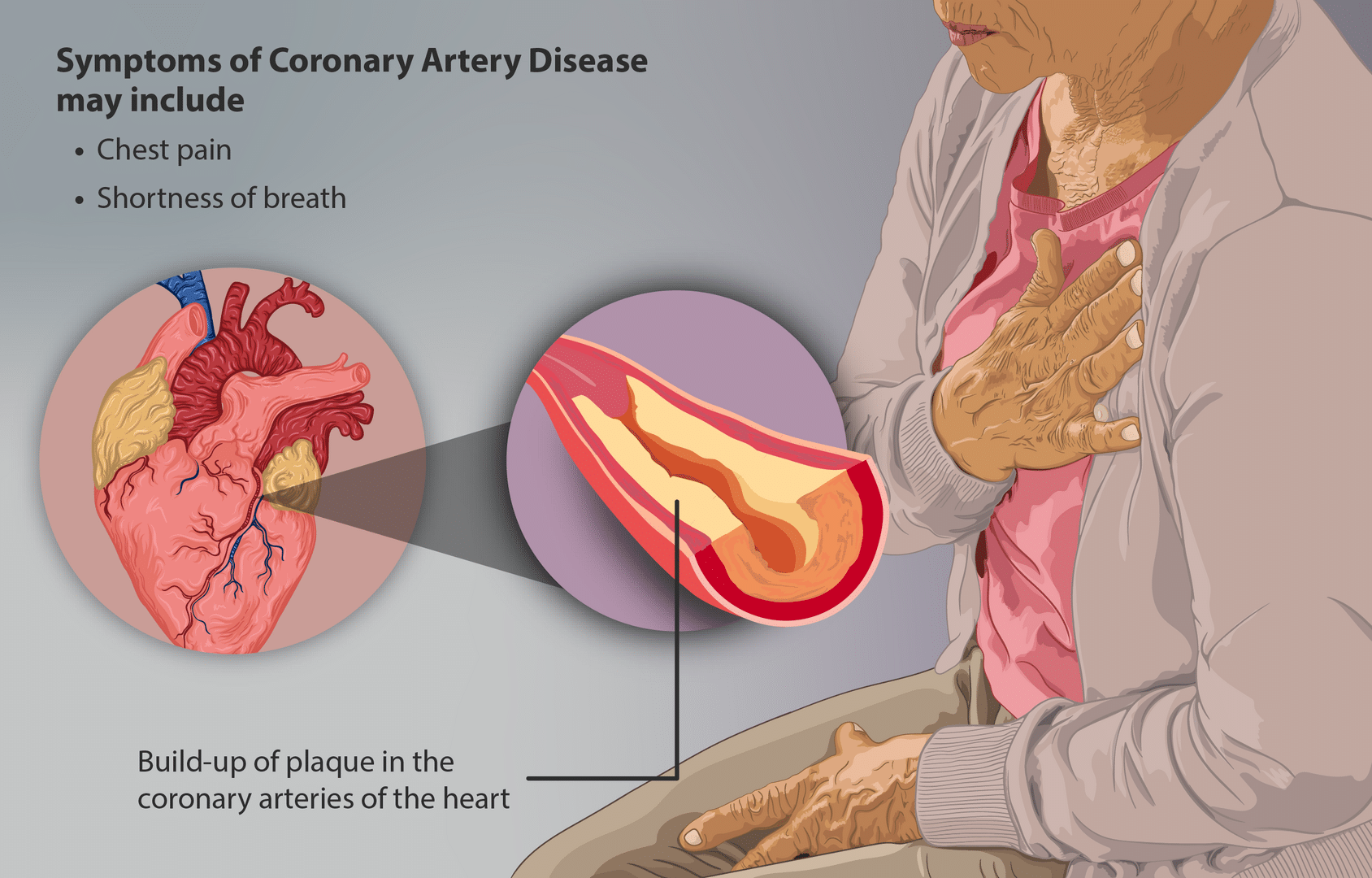
PAD occurs when plaque buildup leads to clogged arteries, causing significant discomfort and limited mobility in the legs and feet. According to the Cleveland Clinic, PAD can cause pain, cramping, and in severe cases, limb loss. Symptoms like difficulty standing for long periods or frequent leg cramps should prompt medical screening for PAD.
Testing for Clogged Arteries
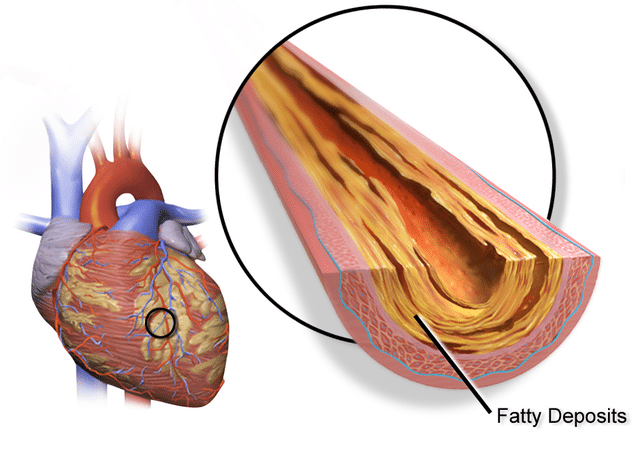
Early detection of PAD is crucial to prevent serious complications. Physicians may measure your pulse in your feet or perform an ankle-brachial index (ABI) test, using ultrasound to compare blood pressure in your ankle and arm. A family history of heart disease or PAD, or symptoms like swelling in your feet or ankles, should prompt immediate medical attention.
The Impact of Poor Circulation
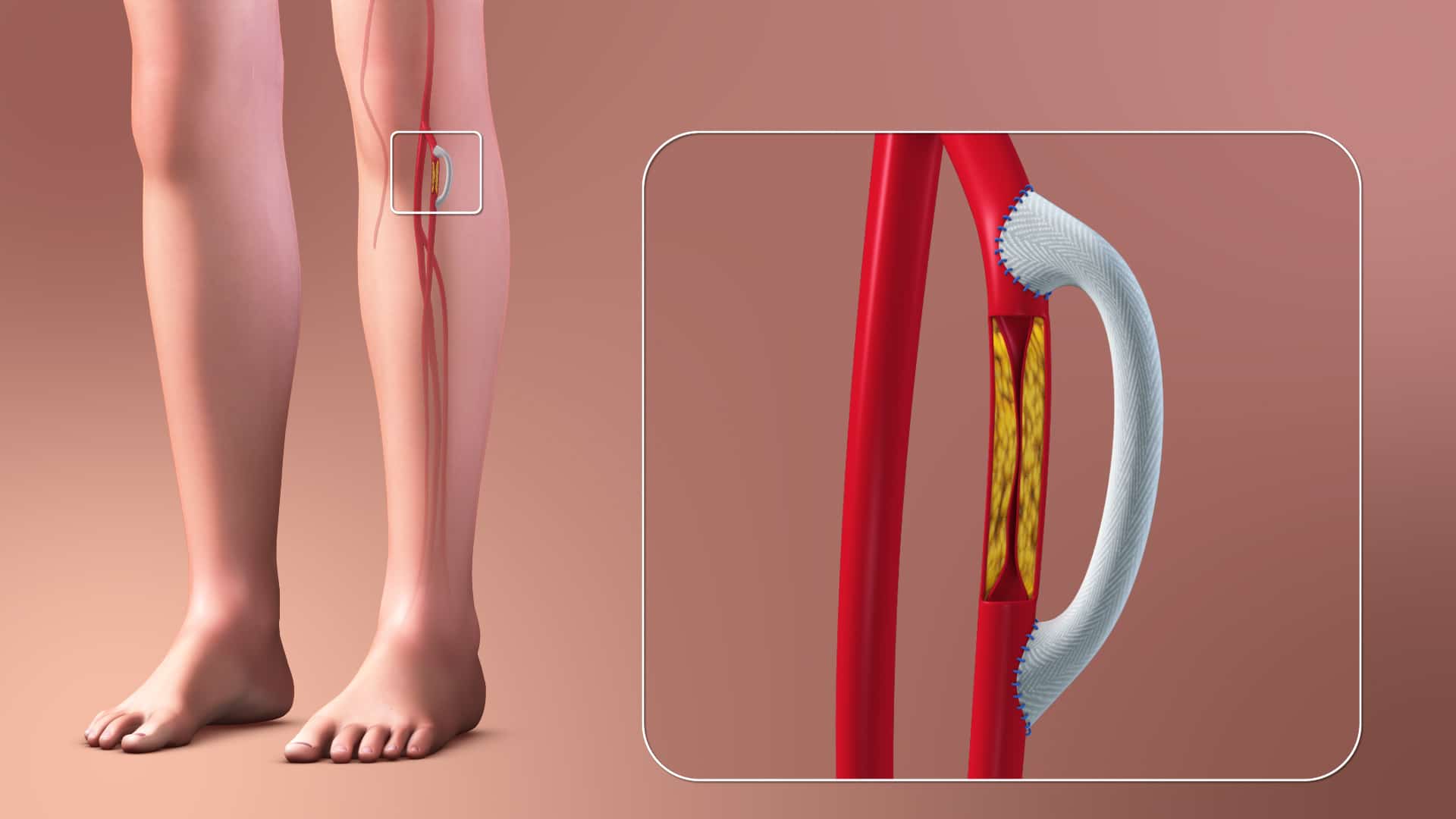
Poor circulation affects your feet significantly. Reduced blood flow deprives tissues of oxygen and nutrients, causing pain, numbness, tingling, and slower wound healing. Plaque buildup further restricts blood supply, contributing to PAD. Diabetics need to monitor blood sugar levels, as high levels can exacerbate foot pain and numbness.
Preventive Measures for PAD and CAD
Preventing PAD and CAD involves a healthy lifestyle. Regular exercise and a balanced diet low in saturated and trans fats are essential. The U.S. Department of Health and Human Services recommends at least 150 minutes of moderate exercise weekly. Monitor blood sugar levels, avoid smoking, and consult your doctor for medications to manage blood pressure or cholesterol.
Maintaining Heart Health for Healthy Feet

A healthy heart ensures better blood flow to your feet. Staying active and eating well reduces stress on your heart and feet. Regular doctor visits help manage conditions affecting cardiovascular and foot health. Proactive measures improve your quality of life and keep your heart and feet in top condition.
Always pay attention to your body’s signals. Feet can provide crucial insights into cardiovascular health. Pain, numbness, and swelling might indicate serious heart issues or clogged arteries.
Source: viralstrange






